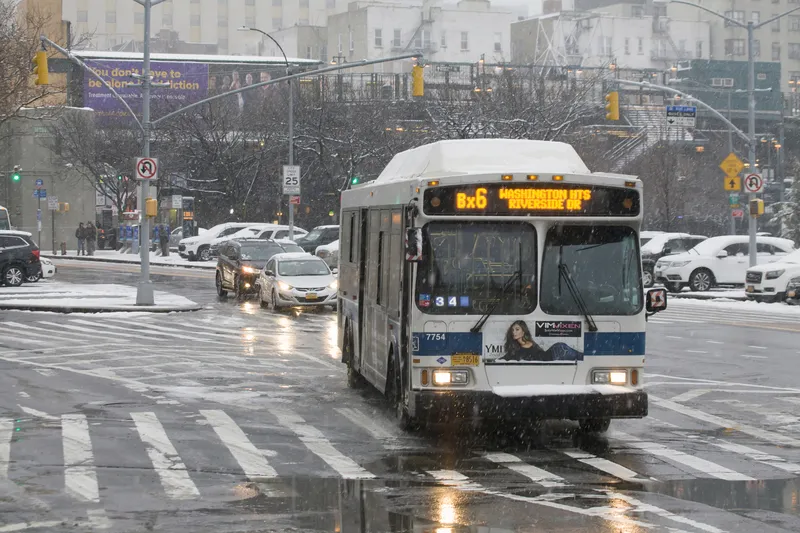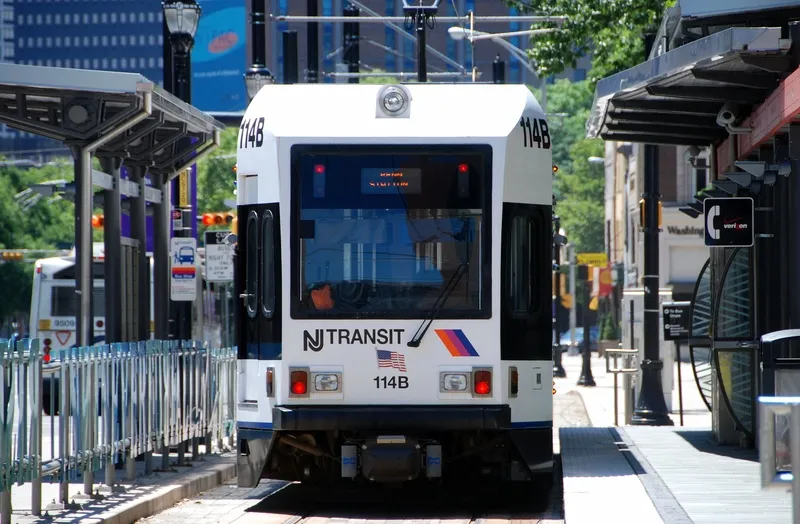New York’s
Janno Lieber, MTA chief development officer, says: “The proposed capital programme will be truly transformational – more trains, more buses, more service, more accessibility and more reliability.”
The 2020-2024 Capital Plan would put $40bn into the city’s subways and buses and $6.1bn for 1,900 new subway cars to help mitigate delays.
MTA also wants to spend $5.2bn on making stations better equipped for disabled riders so that they are no more than two stops away from an accessible station.
Additionally, the authority would utilise $2.5bn to replace more than 2,200 of the oldest buses and expanding the fleet size by more than 175 vehicles. It proposes investing $1.1bn to purchase 500 electric buses, including replacements and additions. The programme is expected to enable MTA to acquire only e-buses from 2029.
MTA says its proposal would provide the investments necessary for the development of the Long Island Rail Road by the planned December 2022 opening of the East Side Access project and the Main Line Expansion. East Side Access is expected to allow more than 160,000 commuters to travel to Grand Central Terminal, saving up to 40 minutes per day while the Main Line Expansion will add a third track on 10 miles of the Main Line corridor.
As part of the capital plan, MTA is hoping to secure $135m for the continuing reconstruction of the Henry Hudson Bridge and the implementation of open road tolling which it claims could reduce potential collisions by up to 41%.
Affiliate agency MTA Bridges and Tunnels is proposing a separate investment of $3.3bn to construct infrastructure for tolling in the central business district.
MTA Bridges and Tunnels president Daniel DeCrescenzo says the plan will help modernise links in the regional transportation network.
“The plan is integrated with other regional transportation programs to build upon the transformative changes and benefits of cashless tolling, and the continuous bus/HOV lane connecting Staten Island to the Gowanus/Brooklyn-Queens Expressway bus/HOV lane implemented in the 2015-2019 capital plan,” he adds.
The MTA board will review the proposed plan today (25 September). If approved, it will be submitted to the MTA capital review board for consideration and approval.
New York to pump $51.5bn into transit
New York’s Metropolitan Transportation Authority (MTA) has proposed investing $51.5 billion in the city’s subways, buses and railroads over the next five years.
Janno Lieber, MTA chief development officer, says: “The proposed capital programme will be truly transformational – more trains, more buses, more service, more accessibility and more reliability.”
The 2020-2024 Capital Plan would put $40bn into the city’s subways and buses and $6.1bn for 1,900 new subway cars to help mitigate delays.
MTA also wa
September 25, 2019
Read time: 3 mins








